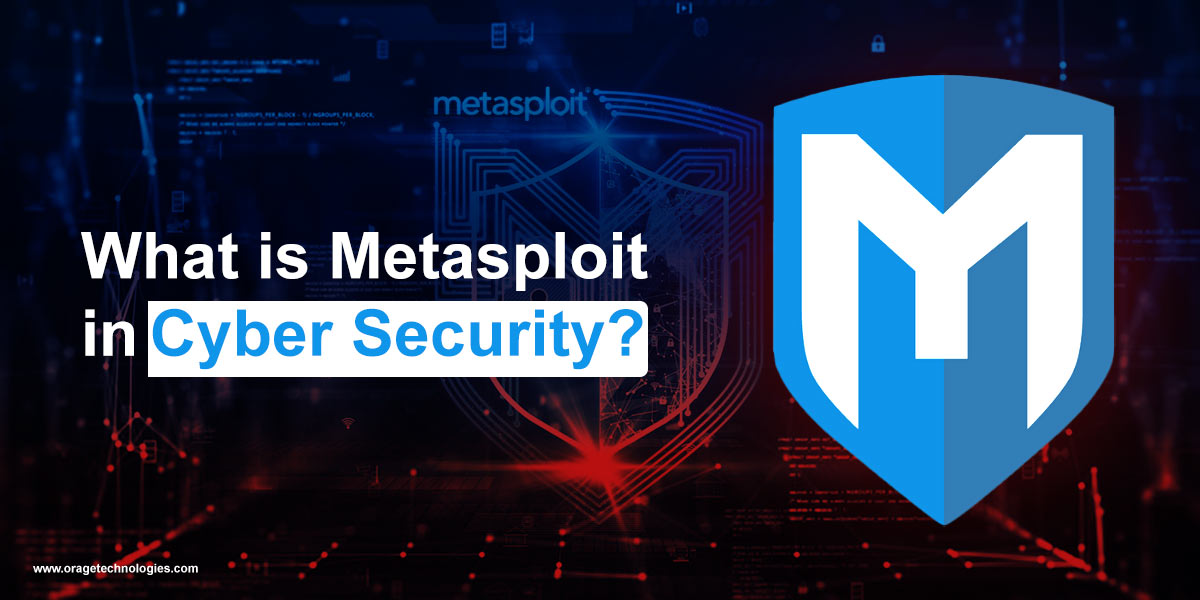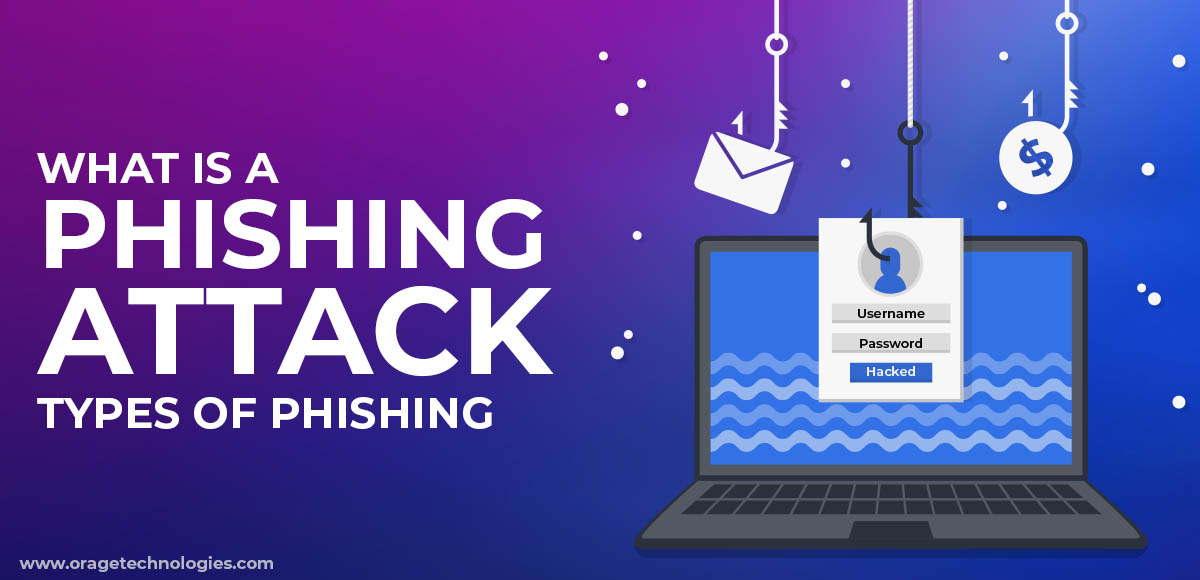Introduction: Cyber Security Services
In an era where our lives are intricately interwoven with technology, the term “cyber security services” holds heavy weight. From the convenience of online shopping to the critical operations of multinational corporations, our dependence on technology has granted us limitless opportunities but has also exposed us to limitless risks.
What Is Cyber Security?
Cyber security is the practice of safeguarding digital systems, networks, and data from cyber-attacks and unauthorized access. It’s the virtual shield that protects your personal information, financial details, and other organization data from threats and attacks by cybercriminals.
Why Cyber Security Services Is Important
Digital attacks can injure the heart of your business, compromise your personal information, and a single cyber attack can destroy your brand trust, disrupt operations, and cost you heavily. Data breaches, identity theft, ransomware, these aren’t just buzzwords; they’re the harsh reality of our digital age.
Imagine a scenario where your confidential data is in the hands of malicious hackers. Your sensitive information is stolen, your privacy invaded, your financial security shattered. Think about the devastating consequences of a single data breach that exposes sensitive customer records or proprietary business strategies. That these nightmares are more possibilities. They are stark realities in today’s connected world.
The worldwide cyber threat is swiftly advancing, marked by an increasing tally of data breaches annually. According to Risk Based Security, during the initial nine months of 2019, about 7.9 billion records were exposed due to data breaches. This statistic demonstrates a surprising surge of 112% compared to the number of records compromised during the corresponding period in 2018.
5 Information Security Tips For Businesses:
For businesses, the stakes of information cyber security services couldn’t be higher. A single data breach can lead to severe financial losses, damage to reputation, legal consequences, and even operational disruptions. To thrive in the digital age, businesses must adopt a proactive and comprehensive approach to information security, ensuring that their digital assets and sensitive information remain safe from malicious actors.
1. Implement Access Controls
Use encryption technologies to protect sensitive data both in transit and at rest. Grant access to data and systems on a need-to-know basis by limiting access to sensitive information to authorized personnel only, & regularly review and update user access permissions.
2. Operational Security
A secure network is your first line of defense against cyber threats. Establish online privacy best policy by using a strong and unique password, establish two-factor authentication, and be cautious while sharing your personal data. Keep all software, applications, and operating systems up to date with the latest security regulations. And strengthen your network’s defenses with strong passwords, firewalls, and routine software updates.
3. End-User Education
Regularly educate your employees about the importance of information security and provide training on recognizing phishing attempts, handling sensitive data, and using secure practices.
4. Perform Security Audits and Risk Assessments:
Regularly conduct thorough security audits and risk assessments to identify potential vulnerabilities and address them proactively.
5. Establish Incident Response Plans:
Develop clear incident response plans outlining steps to take in the event of a security breach. This ensures a swift and organized response, minimizing damage.
Final Line:
In an age where data is currency and information is power, embrace security not as a mere practice, but as a commitment to securing your future in the digital realm. Your data is valuable, protect it like you would your most precious possessions Contact Orage Technologies for end-to-end cybersecurity solutions.
Also read our blog: 13 Cybersecurity Best Practices For Your Business












